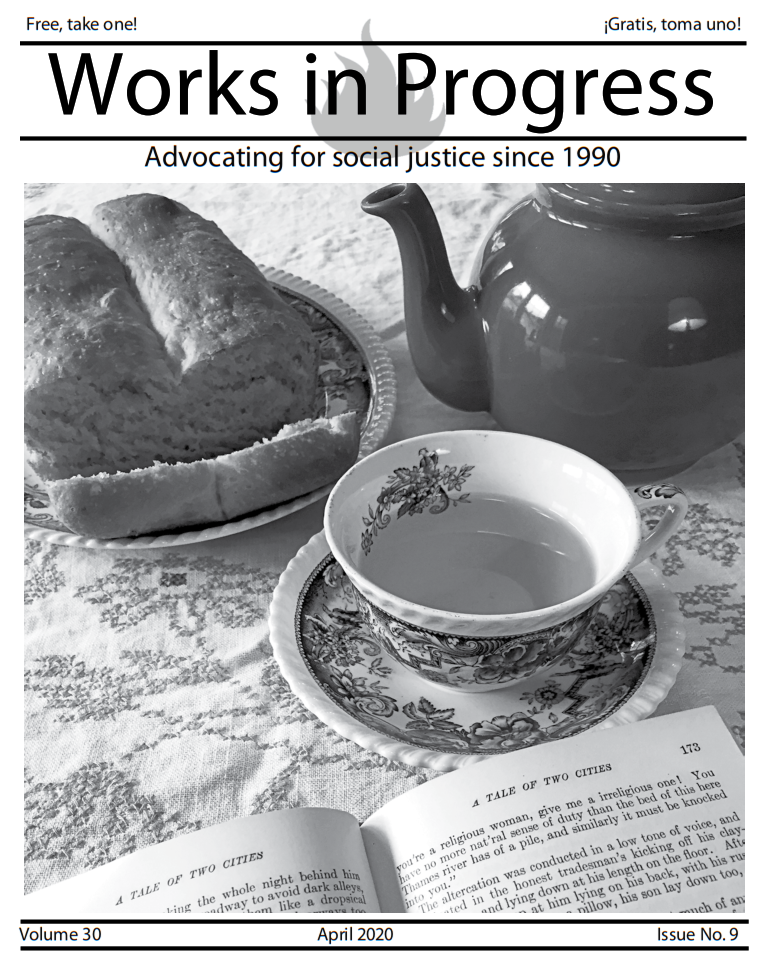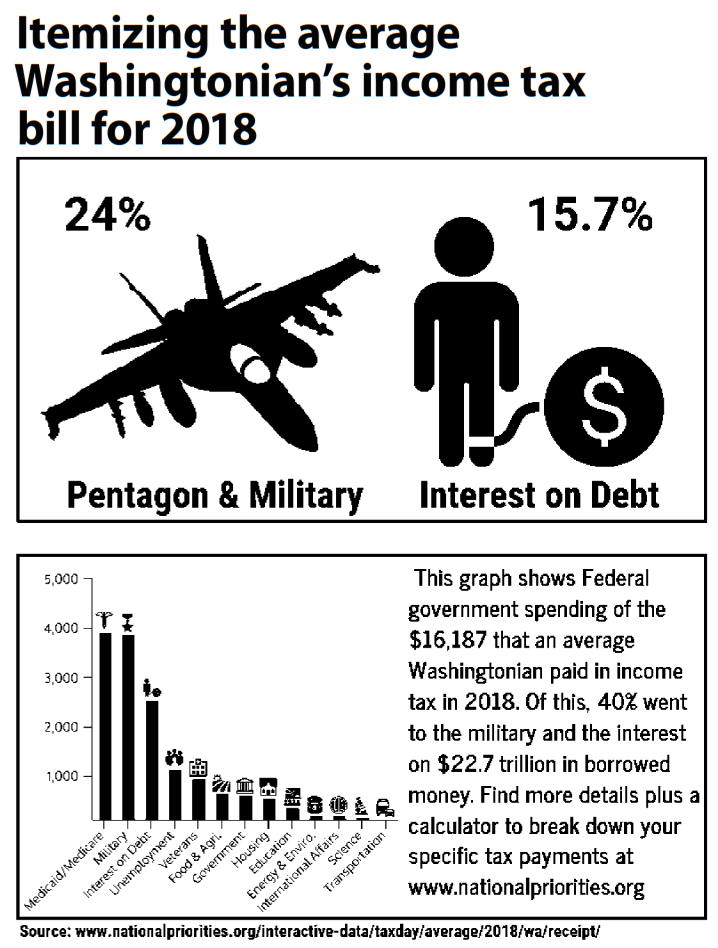Not the Usual Suspects
[Ed note: Politico Magazine went beyond the NPR and MSNBC regulars asking for thoughts on where the Coronavirus might lead us. Read all 30 responses at Politico.com]
The rules we’ve lived by won’t all apply.
Astra Taylor is a filmmaker and author of Democracy May Not Exist, But We’ll Miss It When It’s Gone.
America’s response to coronavirus pandemic has revealed a simple truth: So many policies that our elected officials have long told us were impossible and impractical were eminently possible and practical all along. In 2011, when Occupy Wall Street activists demanded debt cancellation for student loans and medical debt, they were laughed at by many in the mainstream media. In the intervening years, we have continued to push the issue and have consistently been told our demands were unrealistic. Now, we know that the “rules” we have lived under were unnecessary, and simply made society more brittle and unequal.
All along, evictions were avoidable; the homeless could’ve been housed and sheltered in government buildings; water and electricity didn’t need to be turned off for people behind on their bills; paid sick leave could‘ve been a right for all workers; paying your mortgage late didn’t need to lead to foreclosure; and debtors could’ve been granted relief. President Donald Trump has already put a freeze on interest for federal student loans, while New York Governor Andrew Cuomo has paused all medical and student debt owed to New York State. Democrats and Republicans are discussing suspending collection on—or outright canceling—student loans as part of a larger economic stimulus package.
It’s clear that in a crisis, the rules don’t apply—which makes you wonder why they are rules in the first place. This is an unprecedented opportunity to not just hit the pause button and temporarily ease the pain, but to permanently change the rules so that untold millions of people aren’t so vulnerable to begin with.
A new kind of patriotism.
Mark Lawrence Schrad teaches political science and is author of the forthcoming Smashing the Liquor Machine: A Global History of Prohibition.
America has long equated patriotism with the armed forces. But you can’t shoot a virus. Those on the frontlines against coronavirus aren’t conscripts, mercenaries or enlisted men; they are our doctors, nurses, pharmacists, teachers, caregivers, store clerks, utility workers, small-business owners and employees. Like Li Wenliang and the doctors of Wuhan, many are suddenly saddled with unfathomable tasks, compounded by an increased risk of contamination and death they never signed up for.
When all is said and done, perhaps we will recognize their sacrifice as true patriotism, saluting our doctors and nurses, genuflecting and saying, “Thank you for your service,” as we now do for military veterans. We will give them guaranteed health benefits and corporate discounts, and build statues and have holidays for this new class of people who sacrifice their health and their lives for ours. Perhaps, too, we will finally start to understand patriotism more as cultivating the health and life of your community, rather than blowing up someone else’s community. Maybe the demilitarization of American patriotism and love of community will be one of the benefits to come out of this whole awful mess.
Less individualism.
Eric Klinenberg is professor of sociology and director of the Institute for Public Knowledge at New York University. He is the author, most recently, of Palaces for the People.
The coronavirus pandemic marks the end of our romance with market society and hyper-individualism. We could turn toward authoritarianism. Imagine President Donald Trump trying to suspend the November election. Consider the prospect of a military crackdown. The dystopian scenario is real. But I believe we will go in the other direction. We’re now seeing the market-based models for social organization fail, catastrophically, as self-seeking behavior (from Trump down) makes this crisis so much more dangerous than it needed to be.
When this end, we will reorient our politics and make substantial new investments in public goods—for health, especially—and public services. I don’t think we will become less communal. Instead, we will be better able to see how our fates are linked. The cheap burger I eat from a restaurant that denies paid sick leave to its cashiers and kitchen staff makes me more vulnerable to illness, as does the neighbor who refuses to stay home in a pandemic because our public school failed to teach him science or critical thinking skills. The economy—and the social order it helps support—will collapse if the government doesn’t guarantee income for the millions of workers who will lose their jobs in a major recession or depression. Young adults will fail to launch if government doesn’t help reduce or cancel their student debt. The coronavirus pandemic is going to cause immense pain and suffering. But it will force us to reconsider who we are and what we value, and, in the long run, it could help us rediscover the better version of ourselves.
Expect a political uprising.
Cathy O’Neil is founder and CEO of the company ORCAA and author of Weapons of Math Destruction: How Big Data Increases Inequality and Threatens Democracy.
The aftermath of the coronavirus is likely to include a new political uprising—an Occupy Wall Street 2.0, but this time much more massive and angrier. Once the health emergency is over, we will see the extent to which rich, well-connected and well-resourced communities will have been taken care of, while contingent, poor and stigmatized communities will have been thoroughly destroyed. Moreover, we will have seen how political action is possible—multi-trillion dollar bailouts and projects can be mobilized quickly—but only if the cause is considered urgent. This mismatch of long-disregarded populations finally getting the message that their needs are not only chronically unattended, but also chronically dismissed as politically required, will likely have drastic, pitchfork consequences.
About the Cover
In Boston, the shelves are empty of flour. In Olympia, the co-op ran out of yeast. People are home baking bread—a pleasure that relies on time and warmth. Starbucks uses more than 8,000 paper cups a minute (4 billion a year and mountains of recyclable trash). For fun let’s say other disposable beverage containers are 2-3 times that. For a month, a lot of us have been brewing coffee or tea at home. Even the word “brewing” suggests a pleasant space of time. And we have time; we share this pause with our neighbors and the rest of the country. Musing over the pages of a book savor both the tea and reminder of the pleasure of “inconvenience.”


Be First to Comment